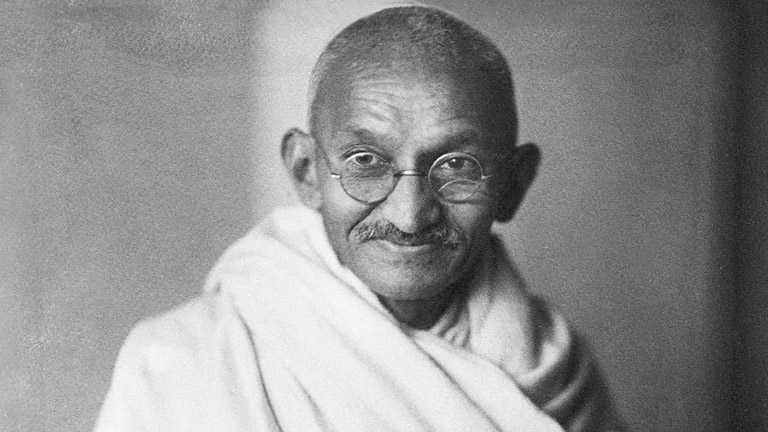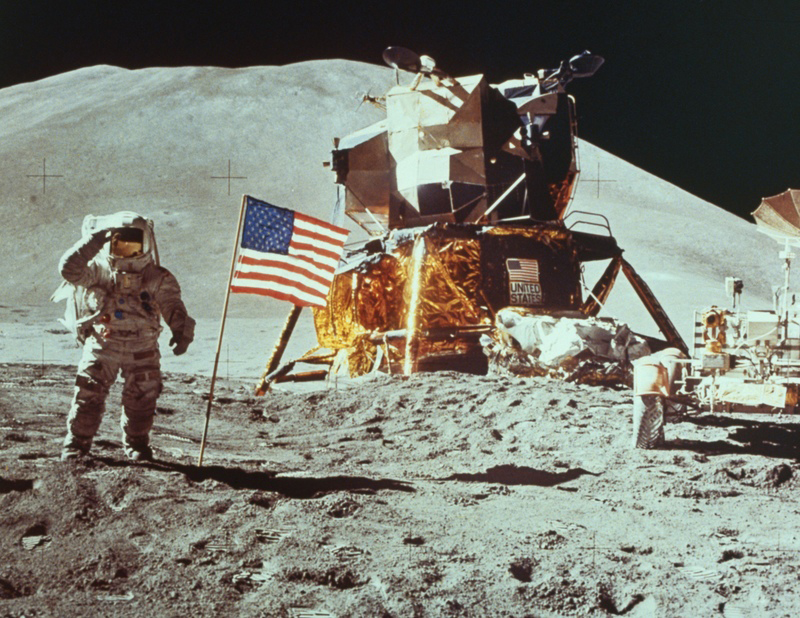Question 1- Does Alexander deserve to be called "great"?
Alexander "the Great" was a great general for his time. Alexander the great otherwise known as Alexander III of Macedon took over for his father Phillip after Phillip's assasination. Alexander conquered the entire Persian empire, something no other man had ever done, or ever did. Alexander also did this without losing a single battle, making this feat even more impressive. The Persian empire, despite having great numbers for their military, had no great generals on the levels with Alexander. A persian general, Memnon, died of illness early into Alexander's career, so Alexander never truly faced a test, and was always facing inferior generals. The tactics used by Alexander were revelutionary, he liked to have a phalanx which is a formation of infantry soldiers where each soldier is carrying a spear around 20 feet long. These soldiers created a wall of spears so if enemy soldiers came near, they would not survive. These tactics, as they had not been seen before, would strike fear into the enemy, already giving Alexander and his army an advantage. Aleander loved to flank his opponents while using the phalanx to distract his opposition. However, one has to think would he have won a battle against the likes of Napoleon Bonaparte, Genghis Khan, or Julius Caesar? Is Alexander really great? The answer to this is simply no, if there was other generals with the stature of Napolean Bonaparte to test himself against then the answer might be yes, but since he never faced a truly great force, there is no proof that he is great.
 |
| Mahatma Gandhi |
Greatness is a tricky word to define, according to dictionary.com, great has an astounding 23 different definitions. Society sees greatness as a word to describe someone that has done something wonderful, but to not do it by vicious means. Society appreciates someone that is ethical in the way they run things. Such as someone like Gandhi, who held peaceful protests, instead of leading people to violence to fight for their indepenence. This shows society does not value violent actions and is a peaceful group. It seems as if when someone dies they want to be rembered for something, and every single person wants to be great in some way. So society is also a very selfish and greedy group.
Question 3- Do time and distance impact someone's popular perception?
Time and distance do alter someone's popular perception, someone could do something great today, but still not get as much recogniton if it happened 20 years ago, or even 2000 years ago.
 |
| Moon landing |
Works Cited
"Alexander the Great." Alexander the Great. Web. 30 Sept. 2014.
"Alexander the Great." World History: Ancient and Medieval Eras.
ABC-CLIO. Web. 26 Sept. 2014.
<http://ancienthistory.abc-clio.com/Search/Display/575648?terms=alexander+the+great>.
BBC News. BBC. Web. 29 Sept. 2014.
<http://www.bbc.co.uk/history/historic_figures/alexander_the_great.shtml>.
Bio.com. A&E Networks Television. Web. 01 Oct. 2014.
Fox, Robin Lane. Alexander
the Great. New York: Dial, 1974. Print.
Green, Peter, and Peter Green. Alexander of Macedon, 356-323 B.C.: A Historical Biography.
Berkeley: U of California, 1991. Print.
"How Great a General Was Alexander?" Forbes. Forbes Magazine. Web. 01 Oct.
2014.
Moulton, Carroll. Ancient Greece and Rome: An Encyclopedia for Students. New York:
Scribner, 1998. Print.
Sienkewicz, Thomas J. Encyclopedia of the Ancient World. Vol. 1. Pasadena, CA: Salem,
2002. Print.
If some one took over as much land as Alexander did today I would argue that he would get a lot of recognition wouldn't he?
ReplyDelete@Rob they would, but if they treated others the same way as Alexander, I would think that other militaries of the world would be able to stop them, and they also would be seen as a person that everyone hates, not one that is great.
ReplyDeleteThis comment has been removed by the author.
ReplyDeleteYou brought up a few interesting points, like the death of the Persian general Alexander never faced, which really added to the analysis of Alexander that you provided.
ReplyDeleteThis comment has been removed by the author.
ReplyDeleteI like how you talked about how he didn't have much competition, I completely agree.
ReplyDeleteOver time can the event that happened be over exaggerated and reshaped?
ReplyDelete@Harrison yes, over time fact could have turned into personal opinion, leaving the world without stone cold fact
ReplyDeleteI like how you explained that he wasn't challenged with much competition. I also like how you tied in Gandhi to the third question. Good job!
ReplyDeleteI like your explanation of time. Your right about recognition. There aren't many things the human race hasn't accomplished.
ReplyDelete